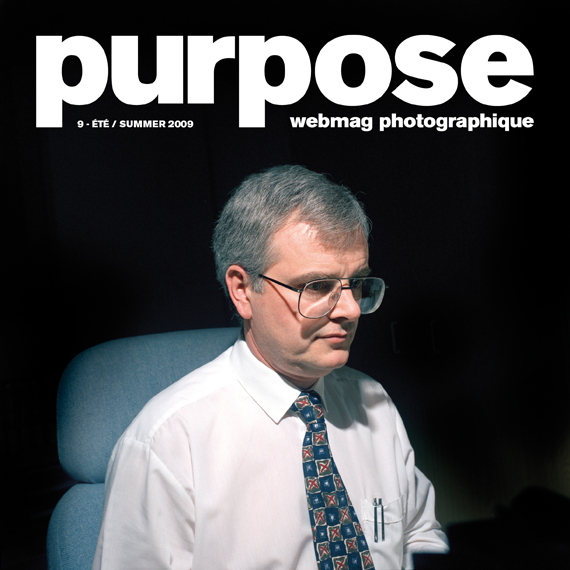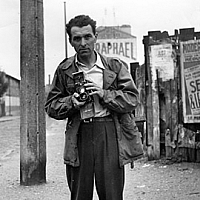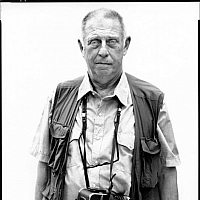
Photo : David Moore
Robert Doisneau Travailleurs
Maurice Broomfield Industry
Lee Friedlander At Work
Brian Ulrich Copia
Nigel Shafran Supermarket checkouts / Supermarket portraits
David Moore Office
Darin Mickey Stuff I Gotta Remember Not to Forget
Emmanuelle Léonard Les Travailleurs
Barbara Pellerin Barentin, 76, rue Auguste Badin
Anne Favret & Patrick Manez Chambre avec vues
Thomas Kneubühler Absence
Gérard Dalla Santa Gestes
David Mozziconacci Nyc (Not Yet Completed) - Récupération
Henk Wildschut Shelters
Raphaël Dallaporta & Ondine Millot Esclavage domestique
musique de / music by Eric Cordier, Jim Meneses,
Alva Noto, Francesco Cavaliere, David Smith
Work is a major issue in every society. It holds an important place in our lives, it determines part of our identity and structures our existence.
Even though work provides a universally recognized social link, we are often separated by our different professions. When someone speaks to us about work, about their difficulties with it or the pleasure that it gives them, it is often difficult for us to understand and to share these experiences if we do not have the same job. Absorbed by our professional occupations, we know little about the work of others and ask few questions.
To move beyond this sense of indifference, the work of photographers, filmmakers, artists, poets and writers is necessary.
The photographic series that are presented in the 9th edition of purpose take us into the world of work, past and present. They open the doors of offices, factories, companies, and hospitals, they take us behind the scenes of shops and supermarkets, places that are normally private and off-limits. These photographs allow us to see how work is changing with the evolution of technology and of economics. The forms of work are changing and the new conditions that are emerging are changing our relationship with work: our gestures and posture are adapting to new equipment and machinery.
Attentive to the world of work, photographers try to understand the way that it functions: they are fascinated by the repetition of gestures or by the figure of the worker. Some are more interested by the work environment, others have a more critical approach.
The proliferation of advertising imagery, of recipes for better living, of images made for communication, contributes to a sense of daily frustration. Working more to earn more and to consume more? Keeping the economy going, but for who’s benefit? Questioning the meaning of our work is equivalent to questioning the meaning of our existence…
Photographing the world of work is essential: it helps us to understand that work is not simply about making money. Behind each job there are men, there is a world of relationships and emotions: friendship, hate, respect, submission, solidarity, boredom, stress, happiness, courage and grief…
Photographing the world of work is to pay tribute, to stand in the way of its dehumanisation, its devaluation, and to fight against the instrumentalisation of the individual.




